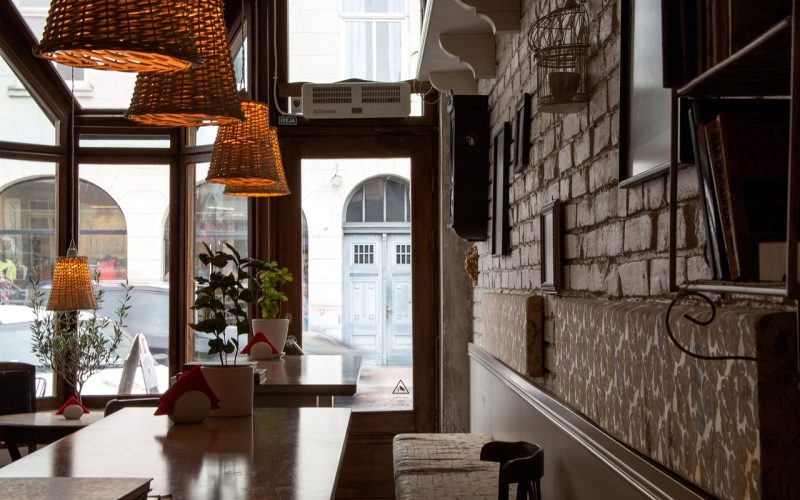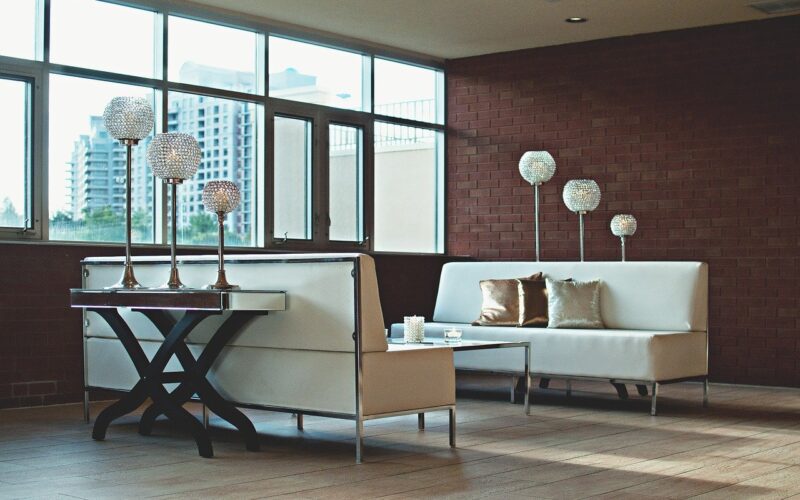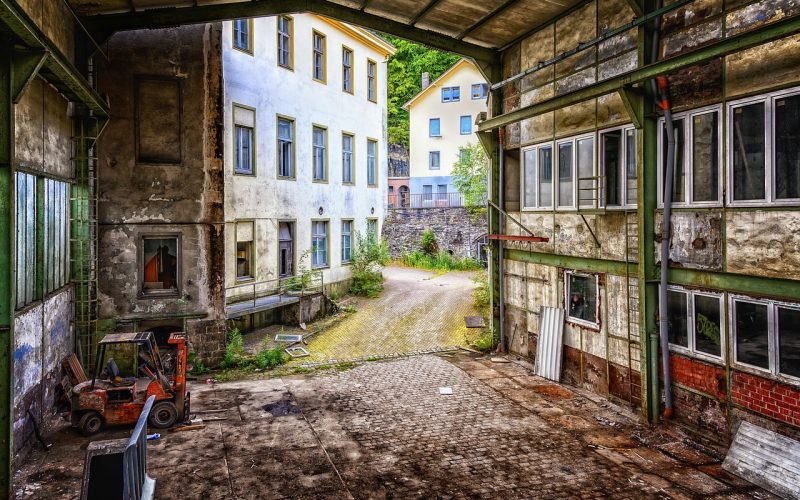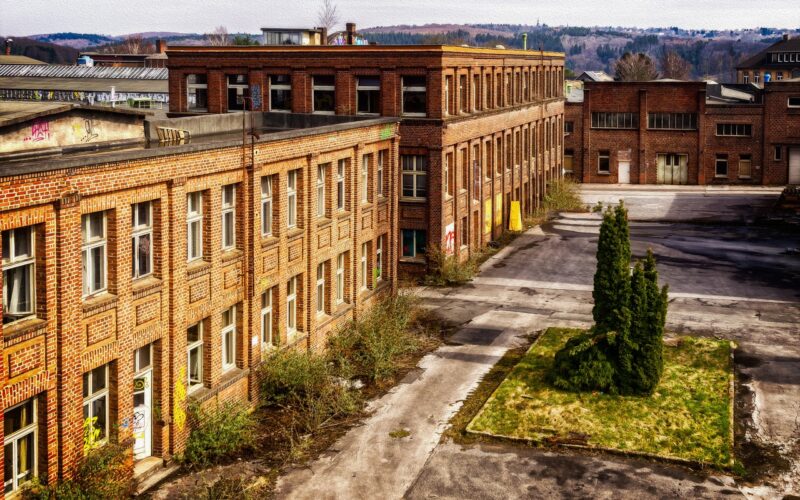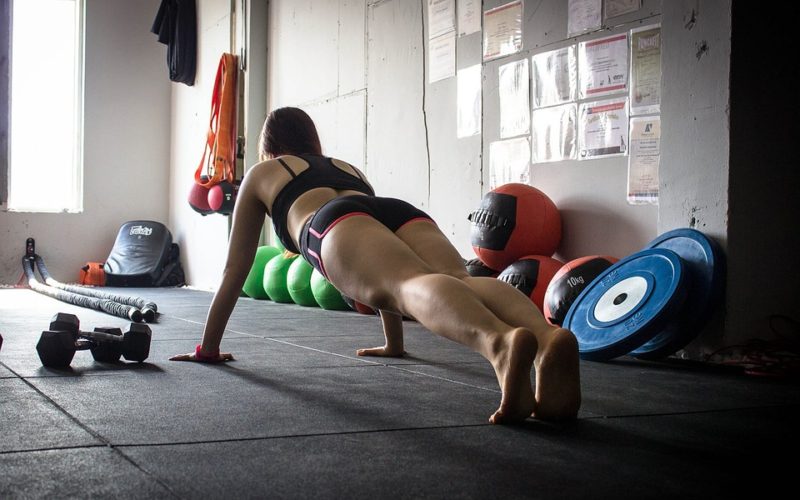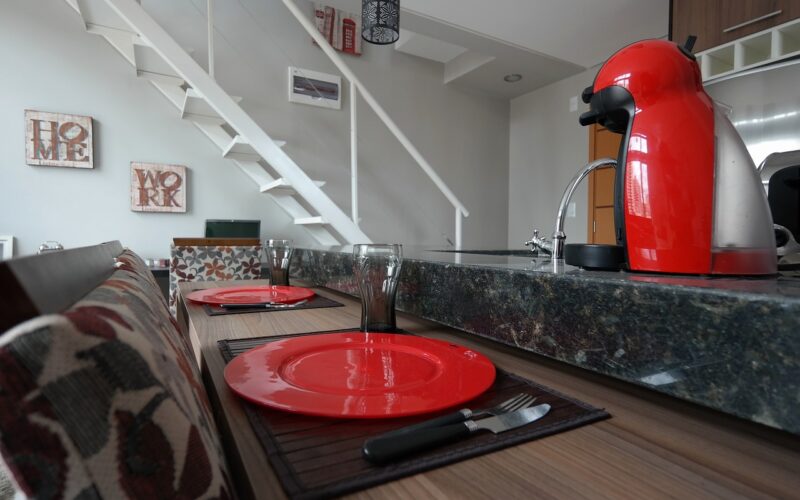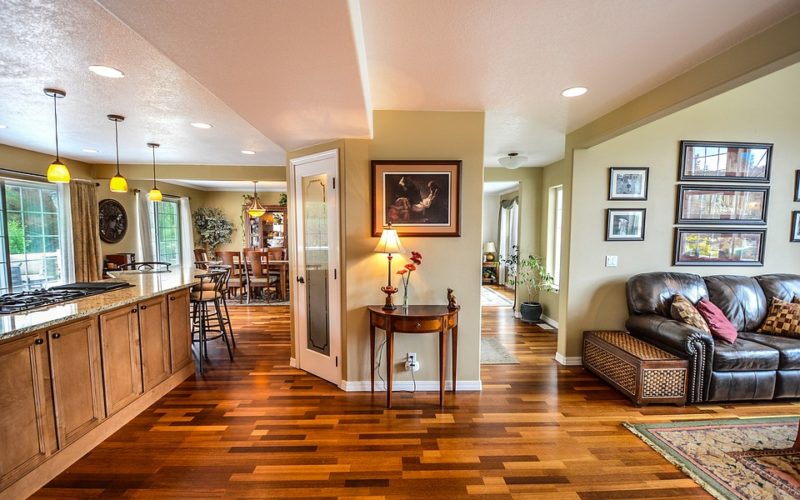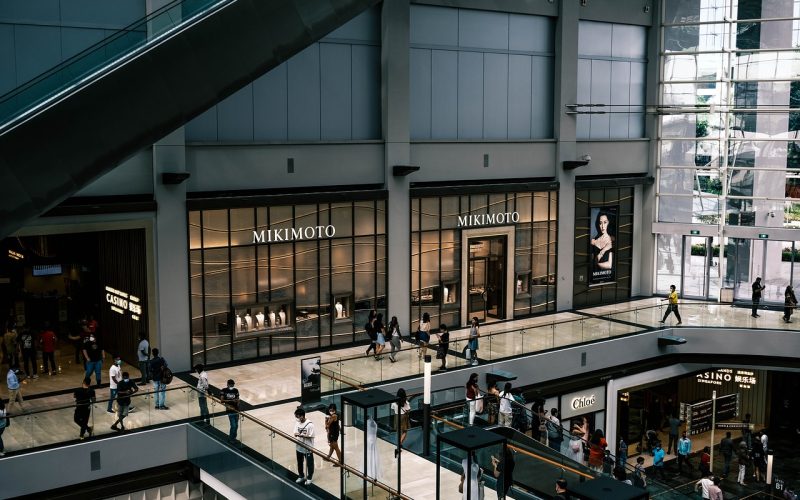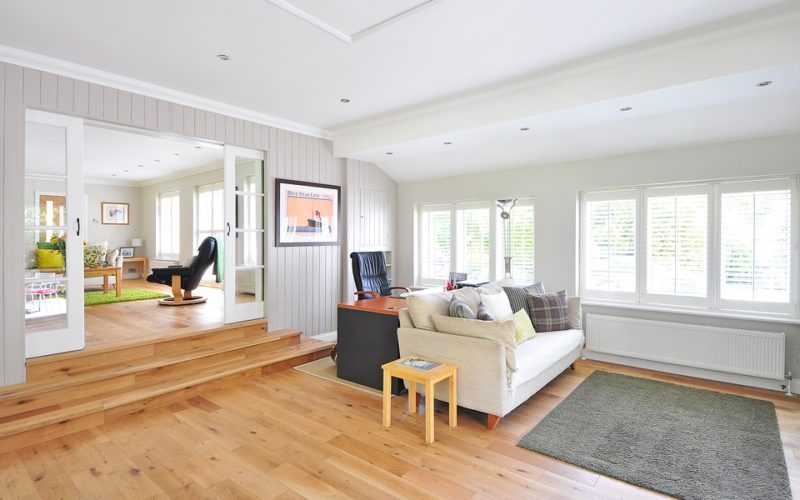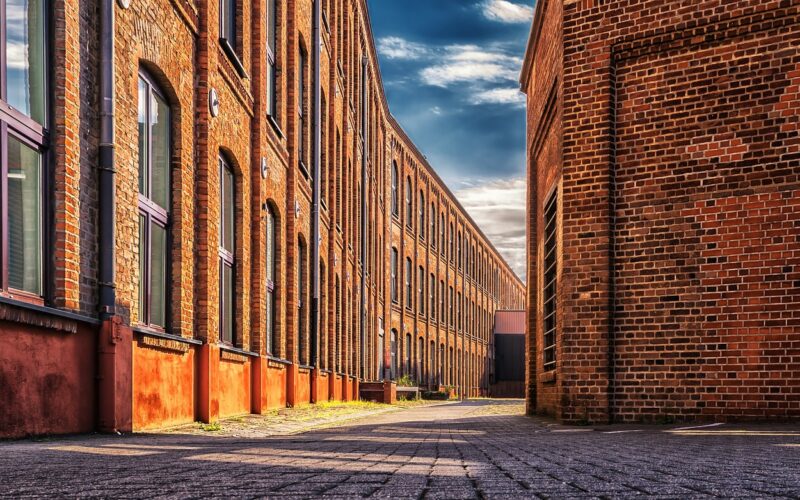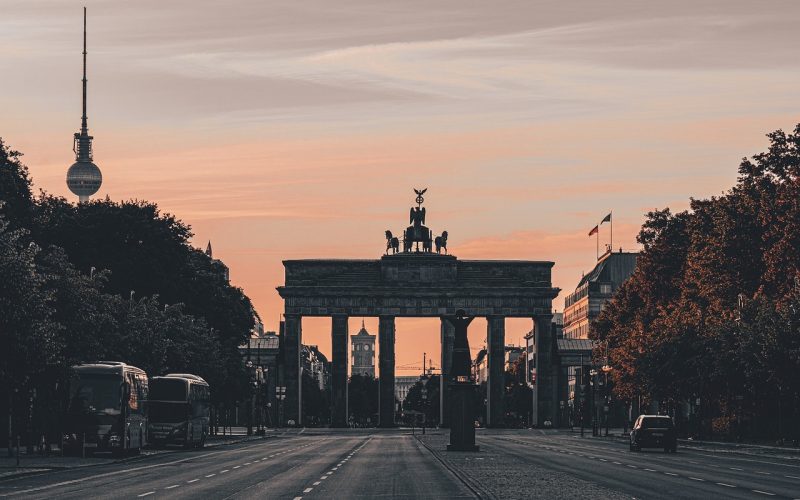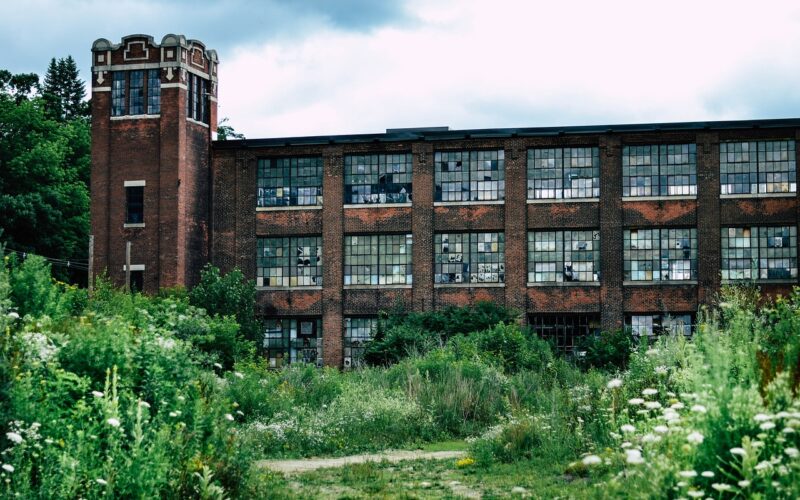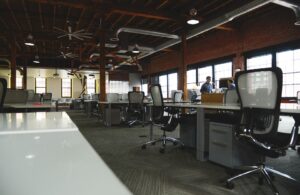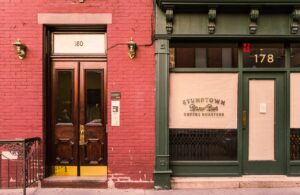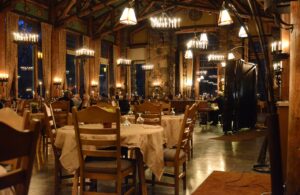In recent years, a remarkable trend has swept across urban landscapes worldwide—old factories, once symbols of industrial might, are being transformed into vibrant office spaces, co-working hubs, and social centres that incorporate coffee shops and gyms. This repurposing not only injects new life into derelict structures but also caters to the evolving demands of the modern workforce.
The charm of industrial aesthetics
The allure of old factories lies in their unique architectural features. Exposed brick walls, soaring ceilings, large windows, and open floor plans provide a backdrop that is both distinctive and inspiring. These architectural elements are embraced in renovation projects, creating office environments that foster creativity and collaboration. The mix of history and modernity offers an appealing aesthetic, attracting businesses seeking a space that stands out.
Creating dynamic work environments
Renovated factories have become ideal settings for innovative companies and freelancers alike, drawn by the opportunity to work in a space that encourages productivity and well-being. The open layouts common in these former industrial buildings encourage interaction and flexibility. When combined with modern design elements, such as ergonomic furniture and state-of-the-art technology, these spaces become dynamic workplaces that cater to diverse working styles.
Coffee shops as social hubs
The integration of coffee shops within these refurbished facilities adds another layer of appeal. More than just places to grab a quick caffeine fix, these spaces serve as informal meeting points and networking venues. Employees can step out of their desks, enjoy a fresh brew, and engage in spontaneous conversations that can lead to new ideas and collaborations. This blend of work and social interaction is crucial in fostering a sense of community within larger corporate structures.
Enhancing work-life balance
To further support the well-being of the workforce, many renovated factories now feature on-site gyms and wellness centres. This addition reflects the growing recognition of the need for a healthy work-life balance. Employees can easily fit in a workout during the day, reducing stress and boosting overall morale. Having such amenities on-site also saves time, making it more convenient for employees to integrate fitness into their daily routines without needing to travel elsewhere.
Sustainability and environmental impact
Repurposing old factories into modern office spaces is not just beneficial for workers—it also has a positive environmental impact. By reusing existing structures, developers reduce the need for new construction, significantly cutting down on energy consumption and material waste. The preservation of these buildings often involves implementing sustainable practices, such as energy-efficient lighting and heating systems, further reducing their carbon footprint.
Community revitalisation and economic growth
Beyond the immediate benefits to businesses and employees, converting factories into office and co-working spaces contributes to the revitalisation of surrounding communities. These projects often spark economic growth by attracting new businesses and consumers to previously underutilised areas. The influx of new tenants and visitors can stimulate local economies, leading to the development of additional services and amenities in the vicinity.
The transformation of old factories into contemporary office spaces and co-working hubs is a testament to the power of adaptive reuse. These projects not only preserve the architectural heritage but also create vibrant and functional environments that meet the needs of today's workforce. By integrating elements such as coffee shops and gyms, these spaces foster a holistic approach to work, enhancing productivity and well-being while contributing to the sustainability and growth of urban communities.
